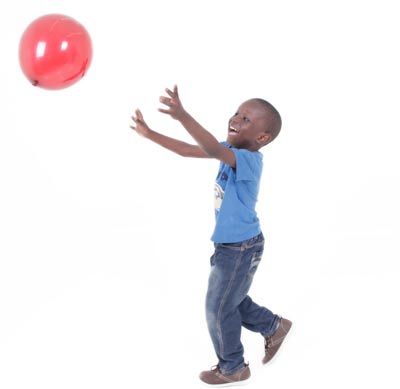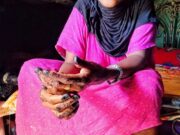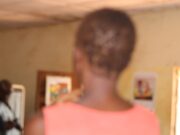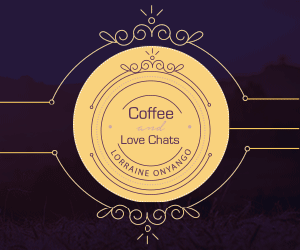The guilt feeling I got after slapping my son overwhelmed me so much, and it is something I would never wish on any mother. I started to question my worth and ability as a mom, as a human being. It was as though I was living under a dark ominous cloud that never seems to lift, day after day after day. Over time, suicide started to become a reality in my mind. I shared my thoughts with a close friend who always kept checking up on me.
Related: Don’t Ignore that Suicidal Cry for Help…
I recall one day, after a morning of non-stop infant crying and nothing would soothe him, I opened my Google tab and typed, “Why do I hate my child so much?” The relief that I felt when the search results showed that this was actually a condition which I did not know about back then; postpartum depression was an answered prayer. I searched more on this form of perinatal illness, and came across so many mom blogs and online resources, most notably Postpartum Progress.

Slowly I started learning I was not alone, definitely not the only mom struggling with PPD. Statistics show that 1 in every 7 moms is at risk of Postpartum Depression (PPD).
I did get help, albeit much later. I am grateful I got help, because not many moms are as fortunate. I started attending therapy this year and it has helped me a great deal. It is part of the reason why I am so passionate about creating awareness on Postpartum Depression. I blog about my journey on ppdisland.wordpress.com and recently started doing so on Twitter (@PPDKenya).
PPD is a treatable condition for which moms can and should get help. Depending on one’s specific form of perinatal illness, there are different forms of treatment. Some of the symptoms associated with PPD include anger, irritability, isolating oneself from family and friends as well as intrusive thoughts. Many moms are also unable to bond with their babies, and will sometimes experience insomnia. Other tell-tale signs of a mom at risk of depression include loss of appetite and general loss of interest in activities and hobbies previously enjoyed. The more we have conversations revolving around mental health and depression, the less stigma there will be so more people can step forward in courage and ask for help. This is my little thing.”
Also Read: Baby Blues or Post-Partum Depression: An Expert Explains

Thank you Samoina for sharing your experience with us. You have educated and helped many of us -Maryanne.
If you suspect you may be suffering from Postpartum Depression, please seek medical help. Also talk to other mothers who have gone through similar episodes, as they have lots of insights that could help you. Do not feel like you are alone and don’t suffer in silence. This is a mental health condition for which you need not be ashamed. Help is available, do not lose hope. You can also write to Samoina through email: ppdisland@gmail.com
Mummy Tales is a blog dedicated to empowering its’ readers on different aspects of maternal and newborn health, as well as various issues surrounding motherhood. Keep up with the latest posts on Mummy Tales by subscribing to new posts. You can also follow Mummy Tales on: FACEBOOK l INSTAGRAM l TWITTER
Read Previous Page
*Find Blackmerg Studios here.



































